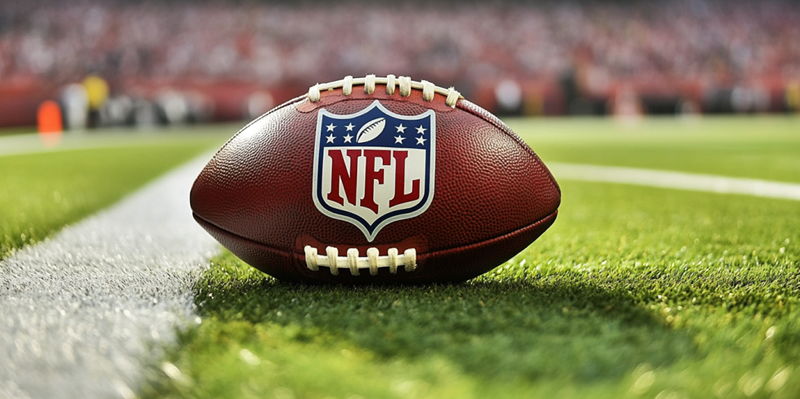In a significant development, the National Football League (NFL) has reached a settlement agreement with former NFL Media employee and sports writer Jim Trotter, ending the race discrimination lawsuit he filed against the league in September 2023. Trotter’s legal action claimed that the NFL terminated his contract as a form of retaliation for his outspoken public inquiries regarding the league’s diversity practices and the glaring lack of Black representation within its senior management.
Allegations and Lawsuit
Jim Trotter’s lawsuit accused the NFL of racial discrimination and retaliatory practices, asserting that his termination was a direct result of his persistent questioning of NFL officials about their dismal diversity record. During a press conference, Trotter notably highlighted the fact that the league had never employed a Black senior manager within its media division, a claim that struck a chord and drew considerable attention to the NFL’s internal practices regarding racial diversity.
Settlement Details
While the exact terms of the settlement remain undisclosed, Trotter took to the social media platform X to announce that the NFL had agreed to make a donation to a scholarship fund he established. This scholarship fund is specifically designed to support journalism students at historically Black colleges and universities (HBCUs), reflecting Trotter’s commitment to fostering diversity and providing opportunities for aspiring journalists from underrepresented communities.
NFL’s Historical Record on Race
Trotter’s complaint put a spotlight on the NFL’s historical struggles with racial issues, providing a detailed timeline that underscored the league’s slow pace in embracing racial diversity. Several milestones were highlighted, such as the hiring of the first Black official and the first Black head coach, which occurred decades after the league’s racial integration. These historical points served to emphasize the deep-rooted issues of racial inequality that the NFL continues to confront.
Diversity Initiatives and Criticism
In an effort to address the persistent lack of diversity in coaching positions, the NFL implemented the “Rooney Rule,” a policy requiring teams to interview minority candidates for key coaching roles. Despite this initiative, the league has faced ongoing criticism and legal challenges. In a notable 2024 complaint, America First Legal argued that the Rooney Rule violated Title VII of the Civil Rights Act, further complicating the league’s efforts to achieve meaningful diversity and inclusion.
Ongoing Disparities and Lawsuits
At the time of Trotter’s lawsuit, only three of the 32 NFL head coaches were Black, a stark contrast to the predominantly Black player base. However, this number rose to a record nine by the current season, indicating some progress. Other high-profile cases, such as those filed by Colin Kaepernick and Brian Flores, have also brought attention to systemic racial discrimination within the NFL, emphasizing the ongoing disparities that still need to be addressed.
Trends and Consensus
In a notable development, the National Football League (NFL) has reached a settlement with Jim Trotter, a former NFL Media employee and sports writer, thus resolving the race discrimination lawsuit he initiated in September 2023. Trotter’s lawsuit accused the NFL of terminating his contract as an act of retaliation for his vocal criticisms of the league’s diversity efforts and the glaring lack of Black representation within its upper management. Specifically, Trotter highlighted his public questioning of the NFL’s commitment to inclusivity and the need for more diverse leadership roles.
Trotter, a respected journalist, repeatedly brought attention to the league’s insufficient progress in promoting diversity, both through his reporting and public statements. He argued that his dismissal was not due to job performance but as a punitive measure for his persistent calls for racial equity and systemic change within the NFL. The settlement underscores ongoing issues regarding race and representation in major sports organizations, throwing a spotlight on the NFL’s practices and raising questions about the league’s genuine commitment to change.

